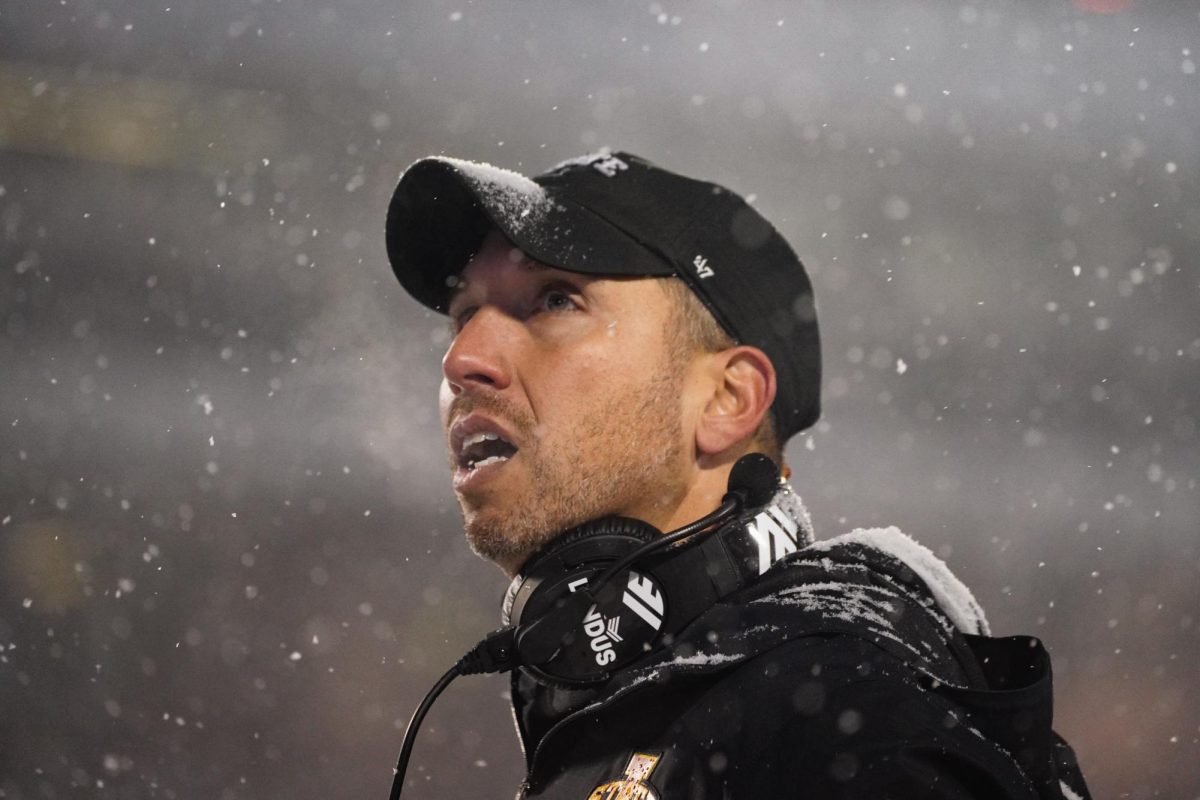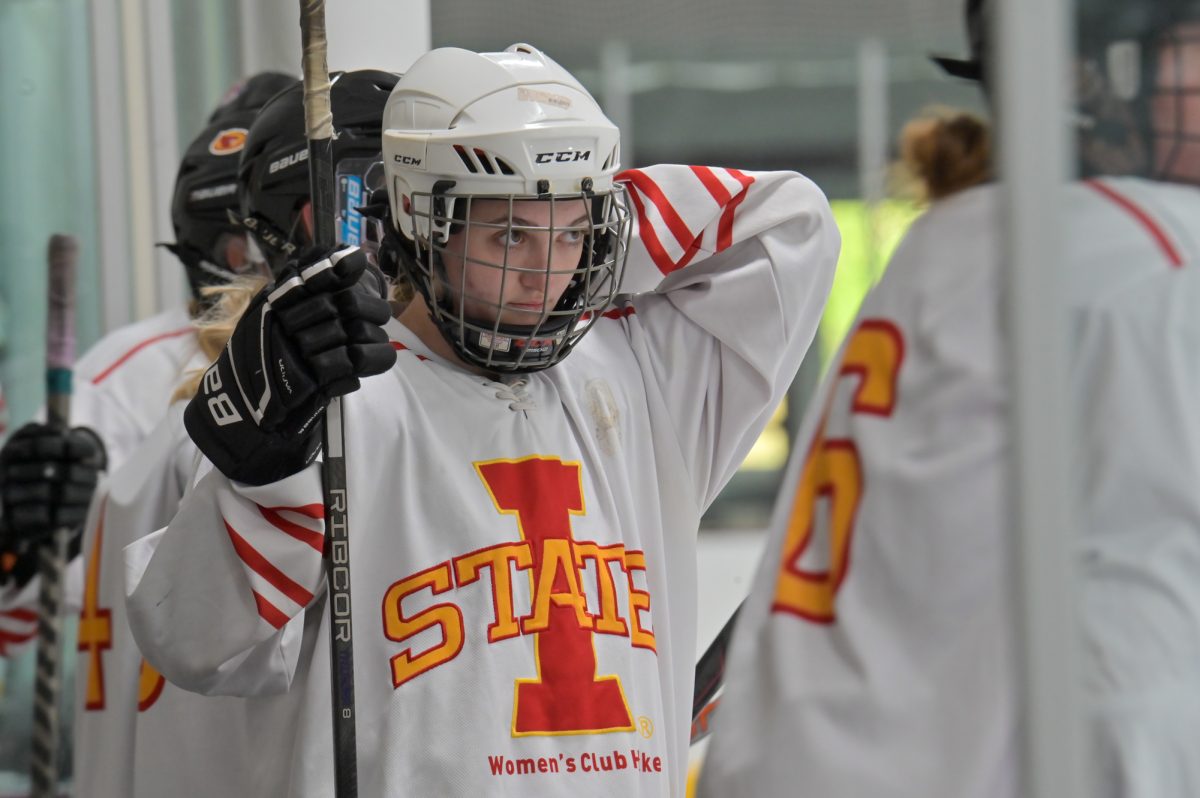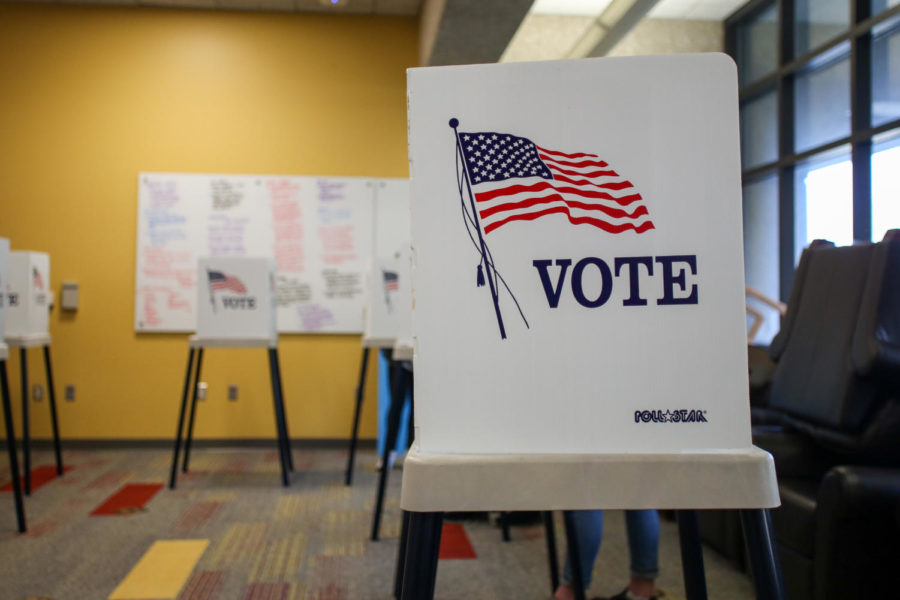University resources help combat speech disorders
October 27, 1998
Editor’s Note: This is a continuation of a story on speech disorders that appeared in Monday’s Daily.
For students with speech problems, Iowa State provides several resources, said Joyce Packwood, coordinator of Disability Resources.
Packwood said students can go to the Communication Disorders Clinic in Pearson Hall, where students study to become speech-language pathologists. She said the students are practicing under the supervision of Cheryl Gunter, associate professor of psychology.
Gunter advised people with speech and language disorders to visit a speech therapist and get help with their communication problems.
“They really should try to correct their problems once and for all,” she said. “Even if we cannot ‘cure’ someone, we will work towards effective interaction in his or her environment.”
Gunter said although speech therapy is readily available on campus, success depends on the individual.
“I can’t just go out and force people to come for speech therapy sessions, even if I do think they should accept the fact that they aren’t speaking clearly,” she said.
Staff members at the clinic include two professors and two instructors, who supervise students on practica as speech-language pathologists. Currently, there are six supervised students at the clinic, but the number varies, Gunter said.
The first step at the speech and language clinic is the assessment of the patient. This involves an evaluation followed by development of a comprehensive treatment plan, Gunter said.
“You have to look at what your goals are for someone and what kind of activity would help you reach those goals,” she said. “There’s a bit of everything in speech therapy sessions.”
For instance, a speech therapy session could involve educating the individual about voice production, how to care for the larynx and how to use the voice, Gunter said.
“There are times when you have to do drill work, too,” she said. “You have to do list after list of words or sentences in order to practice the skills.”
Gunter said therapy sessions also involve a lot of role playing, which helps the individual practice communicating in different situations.
Some people with speech problems may be affected psychologically and become withdrawn, so “there’s a certain amount of counseling with family members and the individuals themselves, too,” she said.
Students with speech and language disorders are advised to let their class instructors know of their problems so accommodations may be made for them, Gunter said.
Gunter advised people not to interfere when the person is speaking. “Take a few extra seconds to try to listen and understand that person better,” she said.
Packwood said she feels the computer is a great equalizer.
“My students who talk to me via e-mail can do it even if they have a hearing impairment, physical disability or speech impairment,” she said.
The Computation Center’s Disabled User Services Office in Durham offers the use of assistive hardware and software in computer laboratories. Assistive technology refers to devices and software that make computers accessible to disabled individuals.
A loan program also is jointly run by the Dean of Students Office and the Disabled User Services for those students who may not be able to afford to buy their own equipment.
Despite the availability of new technologies, Gunter does not think oral and written communication have received the attention they deserve.
“A lot of administrators in this university will say the most important thing a student should learn is oral and written communication, and that they want their students to be effective communicators,” she said.
“If that’s what they really believe in, they should do more to let students know what resources are available, and do more in terms of adding more staff members to work in the area of communication,” she said.
Gunter suggested the university implement screening programs to identify the needs of incoming students and increase the number of staff members available to help students.
She said learning to speak again “like a normal person” depends on the cause of the problem and how early it is identified and treated.
“It’s hard to make a blanket statement to say everybody will or won’t recover,” Gunter said.
“There are times we are real hopeful, and there are other times we have to tell someone or their families that their speech is about as good as the skills will ever get,” she said.
Mary, graduate student in interdisciplinary studies who has a language disorder, described recovery from brain injury as a “long and laborious process.”
However, she said she is proof that speech can be improved. She has been taking speech therapy for seven years and is still making progress.
“A year of therapy showed a vast improvement, and I returned to school for one course just to find out if it was possible,” Mary said. “I believed there was a possibility for help, and I worked very hard and still continue to do so.”






